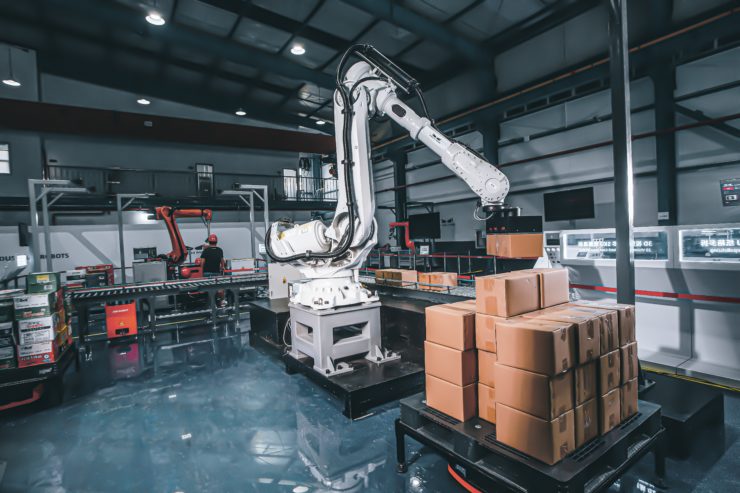 Before talking to a copacker, a good negotiating strategy is imperative. The first step is to identify the business’ priorities. This article is a lawyer’s perspective on what those priorities should be. A business leader needs to balance the advice of their legal counsel against their business priorities – factors like price, minimum order quantity, quality of final product, etc.
Before talking to a copacker, a good negotiating strategy is imperative. The first step is to identify the business’ priorities. This article is a lawyer’s perspective on what those priorities should be. A business leader needs to balance the advice of their legal counsel against their business priorities – factors like price, minimum order quantity, quality of final product, etc.
The Food Law Firm has covered a few general elements of copacking agreements, which is a basic sketch of the essential clauses needed in a co-manufacturing agreement. Take a minute to review that page again, because it is a good primer for a more detailed discussion here.
The Food Law Firm has done thousands of these agreements. Bargaining power is precious with copack manufacturers. A food business makes best use of its bargaining power by sequencing its priorities:
The first priorities to identify are the ones that every legit copacker should agree to:
- Reasonable access to the copacker’s facility for random inspections.
- Access to all food safety plans used to manufacture your products.
- A definition of your product formula that includes any modifications suggested by the copacker to scale your product.
These terms are an excellent diagnostic tool. If a copack manufacturer balks at any of these very commercially reasonable terms, it is a bad sign. Though it may seem like a paradox, negotiation for these items should take place after negotiation for the stickier points in the next list of essentials. Don’t spend commercial capital on this list at the outset – only a bad copacker would refuse to consent. If a copack manufacturer will not agree to terms that are so commercially reasonable, bail!
The next list of priorities are much more subtle, but probably more important to the success of the relationship. Grab these first while commercial capital is at its maximum.
- The copacker buys all ingredients and labeling for the product
- The copacker agrees to a narrowly-tailored non competition clause.
Requiring the copacker to buy everything for the product puts exactly the right kind of pressure on the copacker. First, it puts all of the commercial risk onto the copacker for the run. If the product does not ultimately meet the buyer’s expectation established in the agreement, the goods can be lawfully rejected upon delivery without risk. Second, this gives the copacker the economic motivation to utilize ingredients efficiently because they take on the costs of manufacturing waste.
Restrictive covenants like non-compete terms are vital, but any move must be made delicately. Copackers are in the business of manufacturing for whomever calls them, and they are always apprehensive about precluding future opportunities for themselves. If drafted carefully, however, a restrictive covenant can be made narrow enough to meet business needs while giving reassurance to the copacker that they are not forgoing other business opportunities.
Check out this related article on how to make a commercially reasonable non-compete agreement for any food business.
If you have any other questions about negotiation copacker agreements, set up a consultation.















